Curiosity abounds within young children. Tapping into that curiosity on a daily basis often requires a change of pace, topic, and yes, scenery! Regardless of where you live or the time of year, nature provides learning opportunities to engage children of all ages.
Tips & Tools for Inquiry-Based Outdoor Exploration in Early Childhood
Not only can children learn about specific science content, such as weather, plant life, and insect habitats, but when combined with purposeful instruction and safe materials, children learn social skills that prepare them for a lifetime of positive relationships.
Learning Centers
The outdoors provides children the physical space to communicate and collaborate freely in outdoor learning centers. If specific directions are needed, it’s always best to provide them indoors in a group gathering space so that the play can immediately begin once outside.
With the proper furniture to spark imagination, children can build friendships and learn the importance of taking turns as they work together to solve problems through play.
Ensure there is enough space between centers and stock them with natural materials such as rocks and leaves, as well as authentic supplies such as cooking utensils and gardening supplies. These activities are great extensions for classroom learning.
STEAM-Based Inquiry
Open-ended activities motivate children because they allow for blossoming interests to develop. Make sure to have a balance of group, pair, and independent activities to choose from, guaranteeing children stay excited about learning. STEM activities are particularly easy to incorporate outdoors. Supply weather-durable building materials such as blocks to develop experimentation and critical thinking.
Consider encouraging children to search and find interesting items and then have them sort by color, pattern, size or purpose. Outdoor surroundings help children gather inspiration for creativity. Position art supplies by interesting trees or habitats as models for painting or have children imagine what types of animals might live nearby.
More On Taking Early Learning Outdoors
A crucial part of learning is providing opportunities to encourage children to explore, wonder, and play. Stay close by to offer assistance, but don’t jump in too soon to solve issues, as these types of outdoor activities develop negotiating, self-regulation, and decision-making skills, all important for future academic success.
The next time you feel your children need to see the world from a vantage point other than the classroom, grab some magnifying glasses and head outside. You never know what they will discover!
More Outdoor Education Ideas & Inspiration
Shop All: Early Childhood Supplies
Tamie Pratt-Fartro, PhD
Dr. Tamie Pratt-Fartro has served the education community for over 20 years as early childhood/elementary teacher, reading specialist, literacy coach, professional development specialist, researcher, and university professor. Tamie has conducted multiple research studies on literacy, play, kindergarten transition, reflective teaching, and leadership.
Read more posts by Dr. Tamie Pratt-Fartro–>

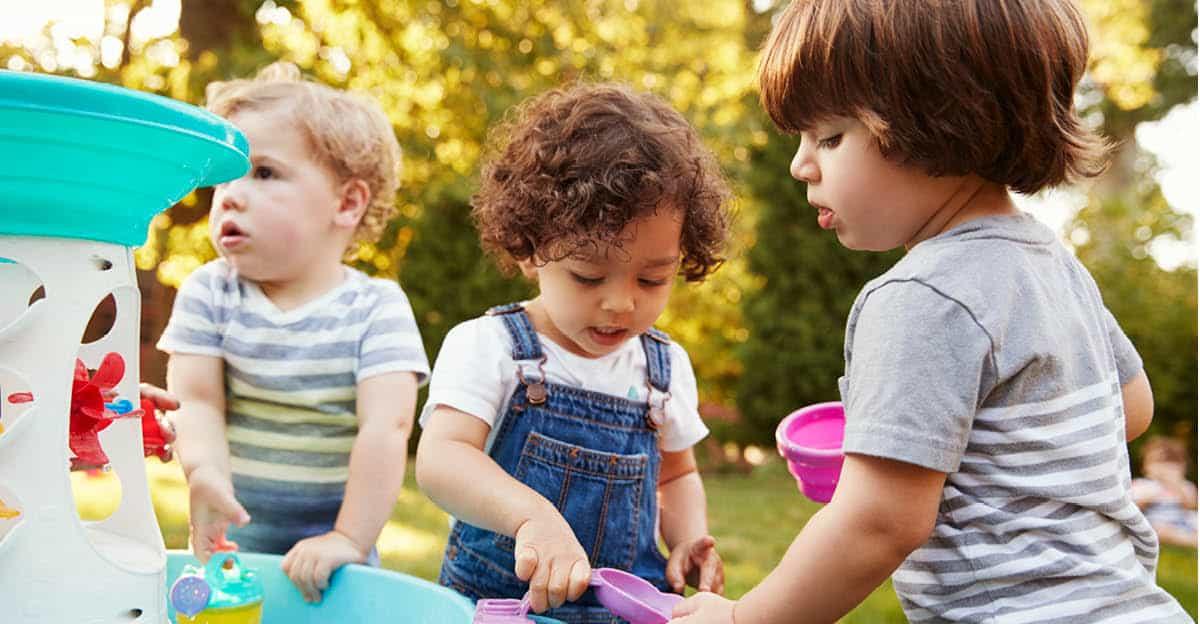
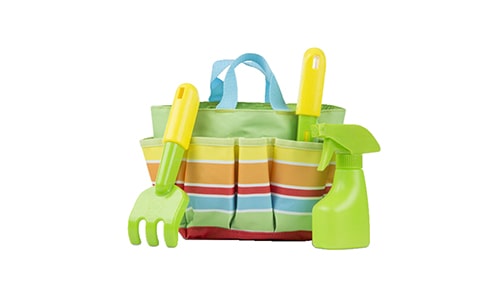



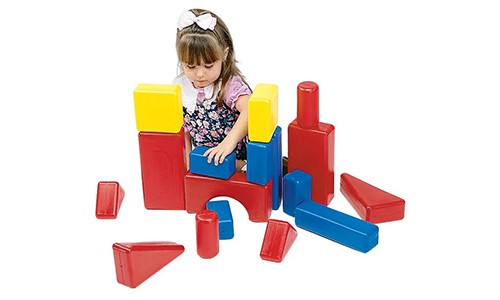
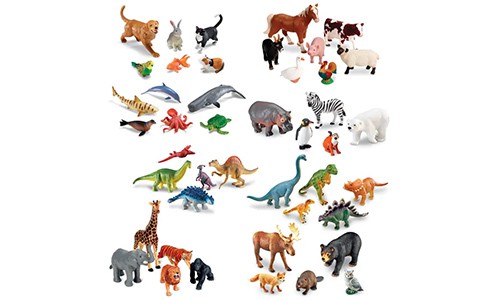

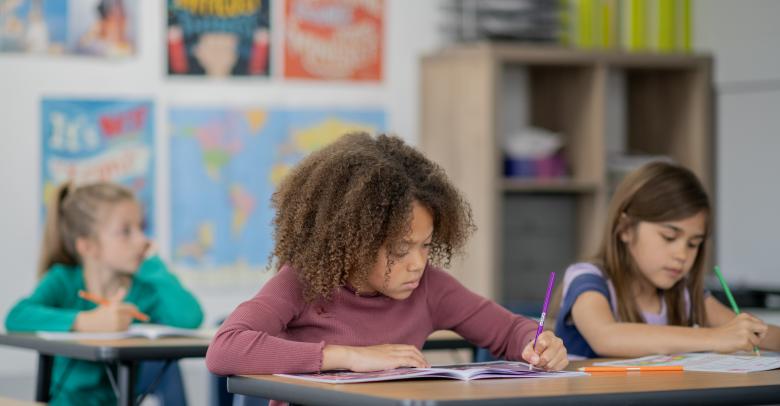
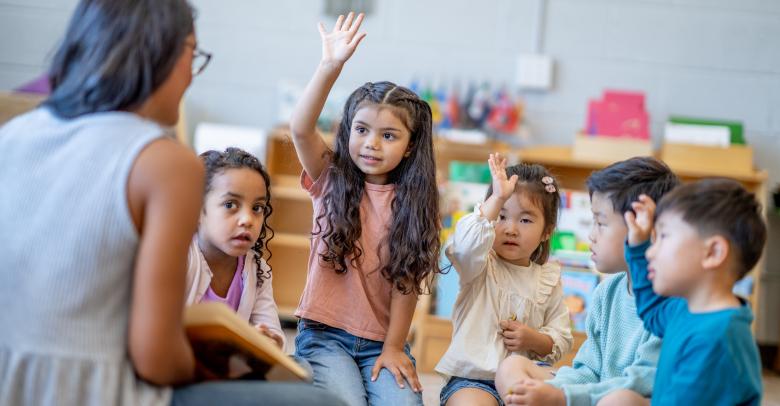


Leave a Reply